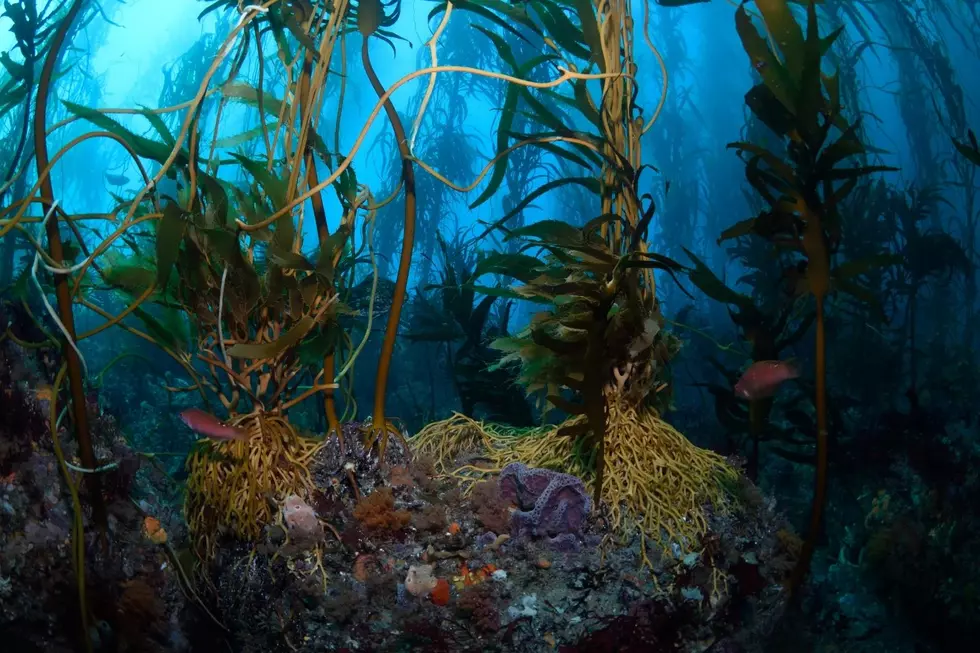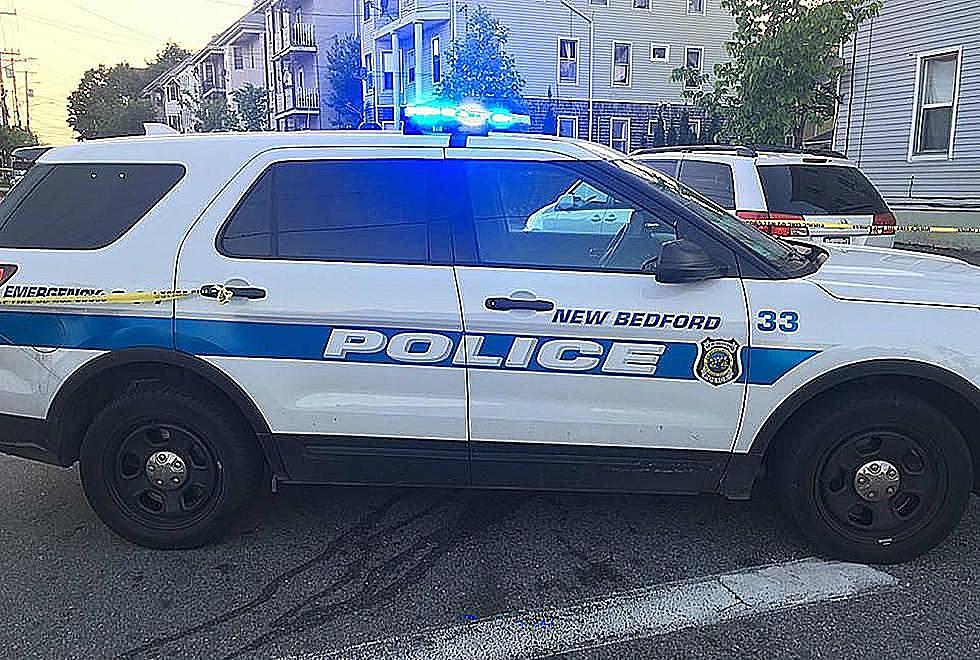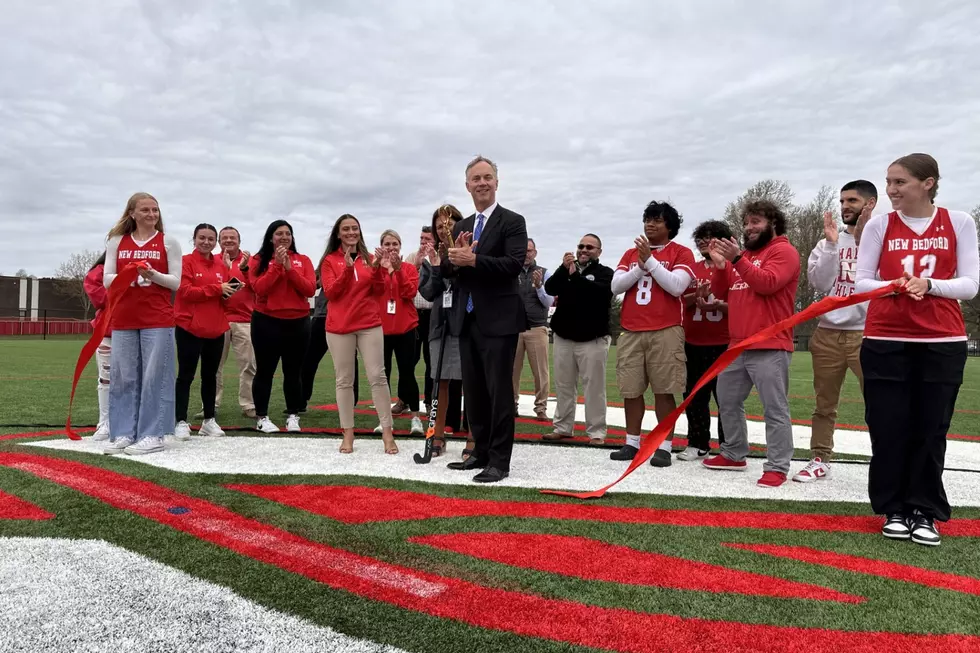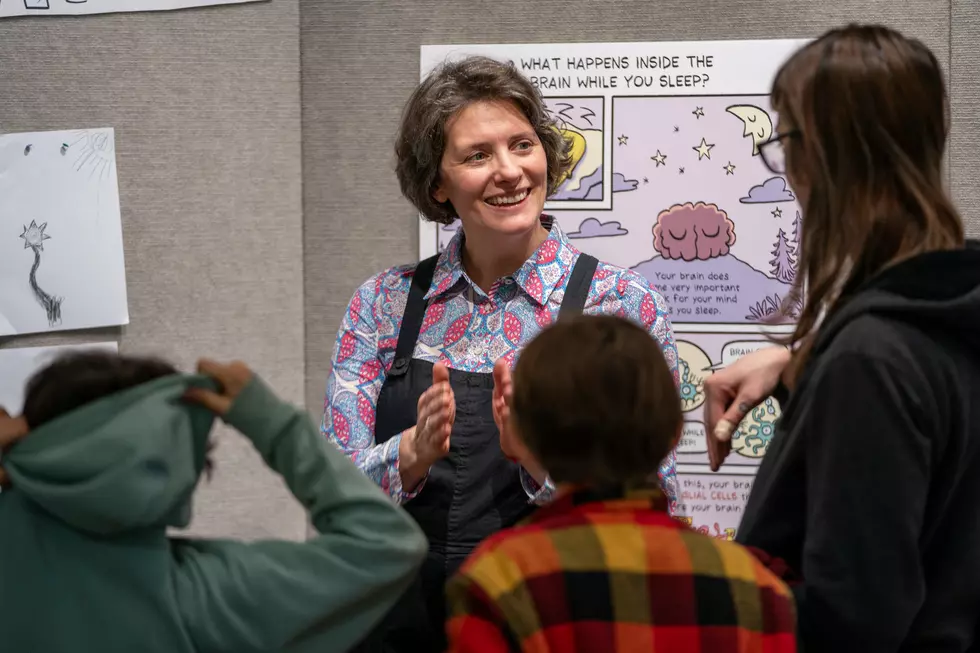
Do SouthCoast Residents Have an Appetite for Sea Veggies?
As coastal residents of one of the world's greatest fishing ports, will we be more open to including "sea vegetables" like edible kelp to our daily diets?
For thousands of years, different cultures have been doing just that with sea vegetables. If you're a sushi aficionado, you already know that red, brown and green seaweed keeps your sushi together. In Japanese, Chinese, Polynesian and Nordic cultures, seaweed has played a major role.
The question is, could the SouthCoast warm up to eating more sea veggies?
Side by side with our scallop and fish industries, a local campaign to "eat all your sea veggies" like Nori, spirulina, dulse, kombu, wakami, and Irish moss would be a natural for this region. A push like this could offer answers to questions about the healthy superfood, provide a new economic business opportunity for future sea farmers and it could also inspire the gourmand in those of us who enjoy cooking.

We can call the dried seaweed flakes "sea-sonings" to be added to soups and stews, pizza dough, salads, meatloaf, and the like. Sprinkle it on popcorn instead of table salt, or pan fry it for a side dish that tastes almost like bacon. Whether enjoying them powdered, flaked or in full-leaf form, sea vegetables will add a tasty and healthy boost to your recipes.
Seaweed farming has helped the Maine lobstermen, in their off-season, generate an additional income stream. However, Laura Orleans, Executive Director of the New Bedford Fishing Heritage Center in New Bedford, said it likely would have to start with people other than the fishing community.
"When people start talking about fishermen finding new careers as kelp farmers, that's not going to happen here," she said. "I don't see our local fishermen pursuing kelp farming as their new career path, but I think others might, because there are a lot of future food possibilities there."
The new sea ranchers won't need a horse and starting up a small operation is relatively inexpensive, according to Atlantic Sea Farms of Maine, saying grants are available for an opportunity like this.
Edible seaweed growing is a natural for our coastal waters. Plus, it's good for you and good for our planet.
LOOK: Food history from the year you were born
Take a Photo Tour of the New Bedford Fishing Heritage Center
More From WBSM-AM/AM 1420









